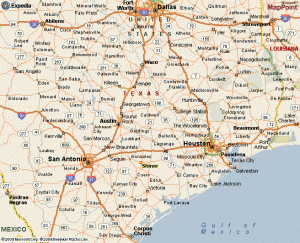Texas Tax
Texas State Tax
Texas Income Tax
 Texas does not levy income tax. Instead, the state generates its tax revenues from other sources such as property and sales taxes. The other six states that do not levy income tax are Alaska, Florida, Nevada, Texas, Washington, and Wyoming.
Texas does not levy income tax. Instead, the state generates its tax revenues from other sources such as property and sales taxes. The other six states that do not levy income tax are Alaska, Florida, Nevada, Texas, Washington, and Wyoming.
Texas Property Tax
Texas tax laws require all individuals and companies to pay property tax for all taxable properties including houses, land, vehicles, and other assets. Median property tax in Texas is one of the highest rates nationally. Annual property tax collections make up 3.65% of residents’ annual income. There are only 13 states that have higher property tax than Texas.
Unlike sales and income taxes, property taxes are determined and collected autonomously by the county or district where the property is located. They are generally used to fund the local government, schools, road projects, law enforcement, and other county operations.
Texas Sales Tax
State-wide sales tax rate in Texas is 6.25%. Counties and municipalities are allowed to impose local sales tax, but they cannot do so without voters’ approval. Sales tax elections are held to determine whether an additional sales tax or special taxing district will be created. A tax holiday is set on one weekend of August each year. Most school supplies and clothing items are exempted from tax to help ease back to school expenses.
Texas sales tax are used to pay for the police, state government operations, and economic development programs, education, health, and social services. Revenue from special taxing districts may only be used according to the specified purposes when theses special city taxes where proposed.

